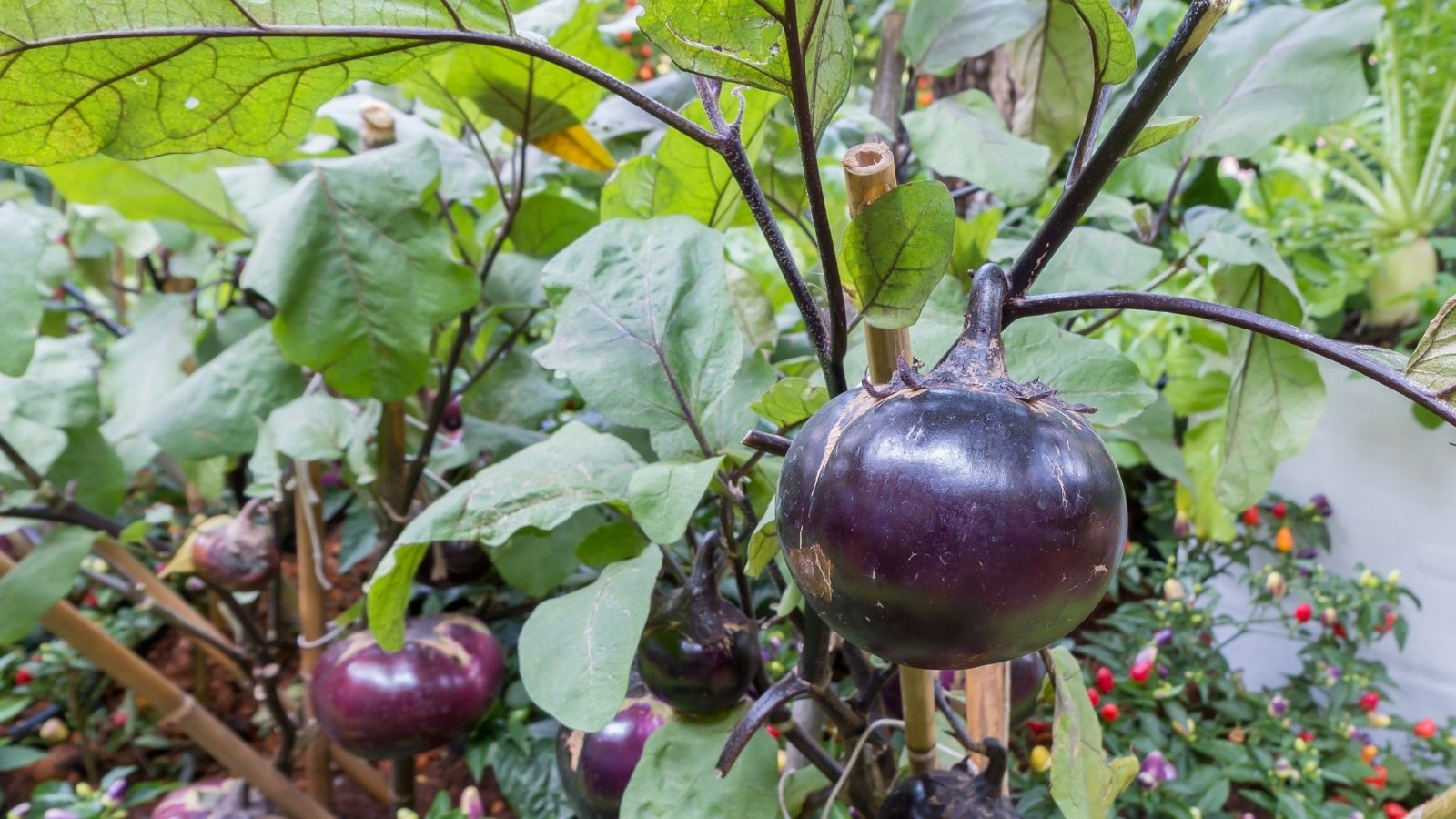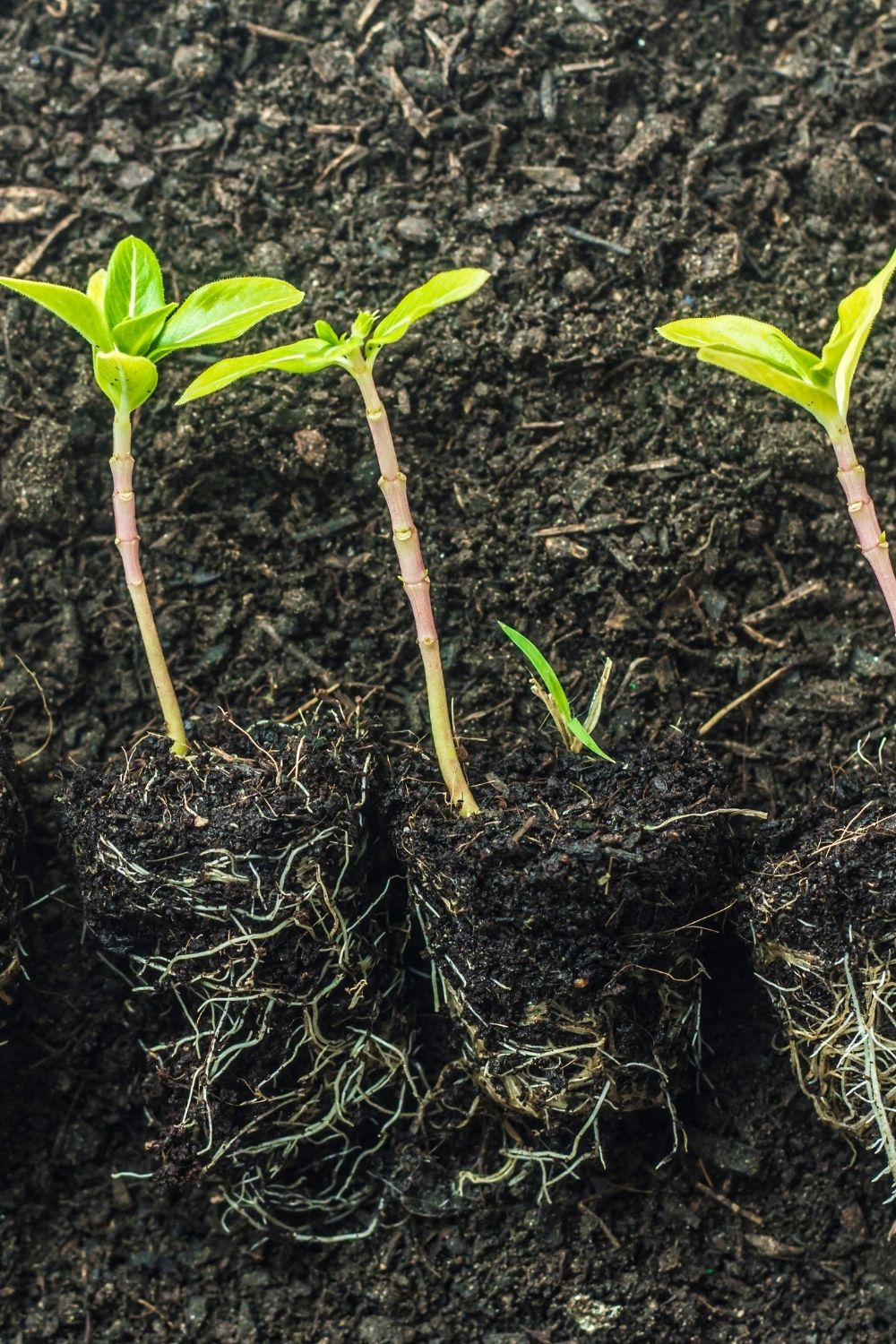With the chilly winters setting in, campfires become a necessity at the backyard. With the well-lit tents set up at the backyard, savouring roasted and stuffed eggplants are a heavenly combination. Be it being sliced and deep fried or being grilled, eggplants find an easy place everywhere. Eggplants indeed are very easy to grow and can be eaten in various dishes. The eggplants do not consume large tracts of land. With the various hybrid breeds being available, many kinds of eggplants can be grown. The needs of this plant are not very high. Herein, we have pointed out 6 easy steps to grow eggplants in your garden.

Amazing steps to grow eggplants in the garden
The temperature required
The eggplants cannot be grown at very low temperatures. It grows best at a temperature range of 60 F and above. Keep in mind not to grow the eggplants during a season of snow.
While planting the seedlings, keep in mind that the process should wrapped up within a warm and cloudy weather. Since, the eggplants love to bloom and grow in warm weathers (not hot weathers), hence, you can start planting them in the summer as well. Never expose these tender plants to scorching heat, the high temperatures will wilt the broad leaves of the plants.
The soil requirements
The soil required for the growth of eggplants are not so high. Simple loamy soil which is well-drained and well-aerated is perfect for such plants. The soil should be watered but do not flood it by puddling the soil. The soil should be fertile and should be free of any sort of stones or pebbles. The roots of the eggplants are not strong hence due to any stony structure midway can hinder with the roots.
The eggplants should be placed at least at 20 inches to 40 inches apart according to the size of your backyard or the garden. You can also prepare planters to grow the eggplants. Remember to water them regularly and the soil should never be left soggy.
Eggplants can be grown in planters as well. The soil in the planters needs to be regularly watered and drained. Regular soil checks are required for these plants, due to excess disposition of salts on the top layer.
Better to use organic manure
The eggplants grow well when organic matter is used. Use organic matter made out of your kitchen waste. You can mix peel of veggies and fruits. Peels of banana is very rich in Potassium, hence is very good for the plants. To add Calcium, add crushed egg shells. Even calcium tablets can be finely grinded and can be mixed with the compost. Later on, this mixture can be used on the plants’ roots. The organic matter should be used at least up to two to four inches. Make the compost rich and dense, so that the plants can easily absorb it.

Even tea leaves and leftover coffee can be used as organic manure. You can used liquid organic manure as well. Likewise, rotten rice water can be sprayed at the root nodules to help in proper growth.
The best pollinators for eggplants
Usually, the eggplants can grow and expand in their community via self-pollination. However, certain pollinators can definitely speed up the pollination process. Likewise, the bumble bees and carpenter bees are very good pollinators. The eggplants will undoubtedly bear better nutritious fruits if they are bee-pollinated.
The types of pests growing on eggplants
The eggplants being tender and soft, fall easy preys to pests. The pests rot and wilt the leaves. Some pests tend to discolour the leaves like flea beetles. Verticillium is a horrible fungus which infects the plants thereby, causing it to wither away and die. Certain native soil borne pests tend to harm the tender roots, hence causing diseased fruits and discoloured flowers.
Seal the deal
Having taken into consideration all the above-mentioned aspects, simply plant the seedlings in the summer. The seedlings should be at least two months old before sowing. Wait for three to three and half a month to see your eggplants grow. The prime season of harvesting eggplants is from July to end of September. Hence, plan accordingly when to plant the seedlings. Regularly water the plant and keep checking on the pests if any.
Conclusion
Eggplants being so versatile, should also find a place on your dinning table. All the more, it is always good to grow veggies at home; organic gardening is in absolute trend. Growing eggplants is really easy and feasible. In all temperate weather conditions, eggplants can be grown with ease. These plants being creepers need support to intwine and grow. Hopefully, the mentioned tricks and tips will help yo u to grow baskets of eggplants.

